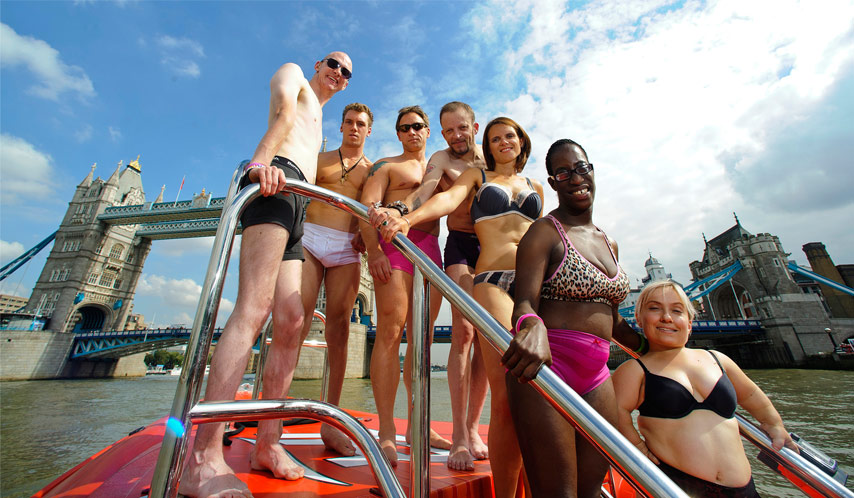
About five years ago I took my 32-year-old friend, Andy, who has cerebral palsy on a trip to Amsterdam to visit a sex worker. Although he is funny, open minded and a football coach with a university degree, he was yet to have a sexual experience.
After the trip, he told me that he didn’t think it had gone well because he didn’t orgasm immediately and it surprised me that he would think that way.
It then made me realise that, along with many other physically disabled people, Andy is knowledgeable and sociable in many areas but when it came to sex he didn’t know the basics. This was not only because he had never experienced it, but also that no one had ever educated him. When I returned from Amsterdam I began researching what sex education was available for disabled people like Andy, but found very little. That really scared me.
I founded Enhance the UK in 2009 with the aim of changing society’s perception of disability as well as empowering and supporting physically disabled and sensory impaired people to live full, active lives. In 2012, we ran a campaign called Undressing Disability and produced calendars featuring all disabled models donning nothing but their underwear, poised in front of iconic London backdrops. We wanted to celebrate the disabled form while raising awareness of our inclusive Sex and Relationships Education (SRE) program in collaboration with leading youth sexual health and education providers, Brook, which is the backbone to our entire evolving campaign.
Currently, there is no UK government policy recognising that physically disabled young people require specialised SRE. In a 2013 survey we conducted, 69% of people thought their disability should have been taken into consideration in SRE and 100% observed that it was never even addressed. Physical disabilities are often placed under the same disability ‘umbrella’ as people with learning disabilities when in reality the two deserve and require different attention.
Physically disabled people who rely on full time carers to wash, dress and feed them run the risk of becoming desexualised despite them having regular, healthy, adult urges. Being looked after in this way makes those around them forever view them in a childlike way.
Through my own disability of degenerative hearing loss, I am acutely aware of the issues the deaf community face in terms of SRE. A recent survey by the charity Deafax found that 67 per cent of deaf people received inaccessible sex education and 45 per cent of those people said it was because they could not understand teachers. One deaf girl told Deafax that she didn’t know anything about sex, contraception or relationships when she left school. She said: “There was never anyone to ask who could explain properly to me in sign language. I didn’t know how many sexual partners were ‘normal’.”
As part of Undressing Disability we’ve launched‘The Love Lounge,’ a safe space on our website where users can ask our panel any questions related to sex, relationships and disability. No topic is off limits and we would encourage queries, not only from our disabled users, but their partners and parents too. We want to encourage discussion on these seemingly ‘taboo’ topics and create a caring sense of community.
We are pleased to introduce media personality and prominent disabled activist, Mik Scarlet and presenter and writer Emily Yates as our ‘Love Lounge’ experts. Mik and Emily are also two of our very talented disability awareness trainers so are used to addressing all kinds of issues.
The truth is that disabled people have sex and disabled people like sex. But they don’t have access to the same advice and support as their peers. We need to stop the stigma and address the ‘awkward’ questions nobody else will so that disabled people can enjoy safe, healthy and fulfilling sex lives, just like everyone else.
